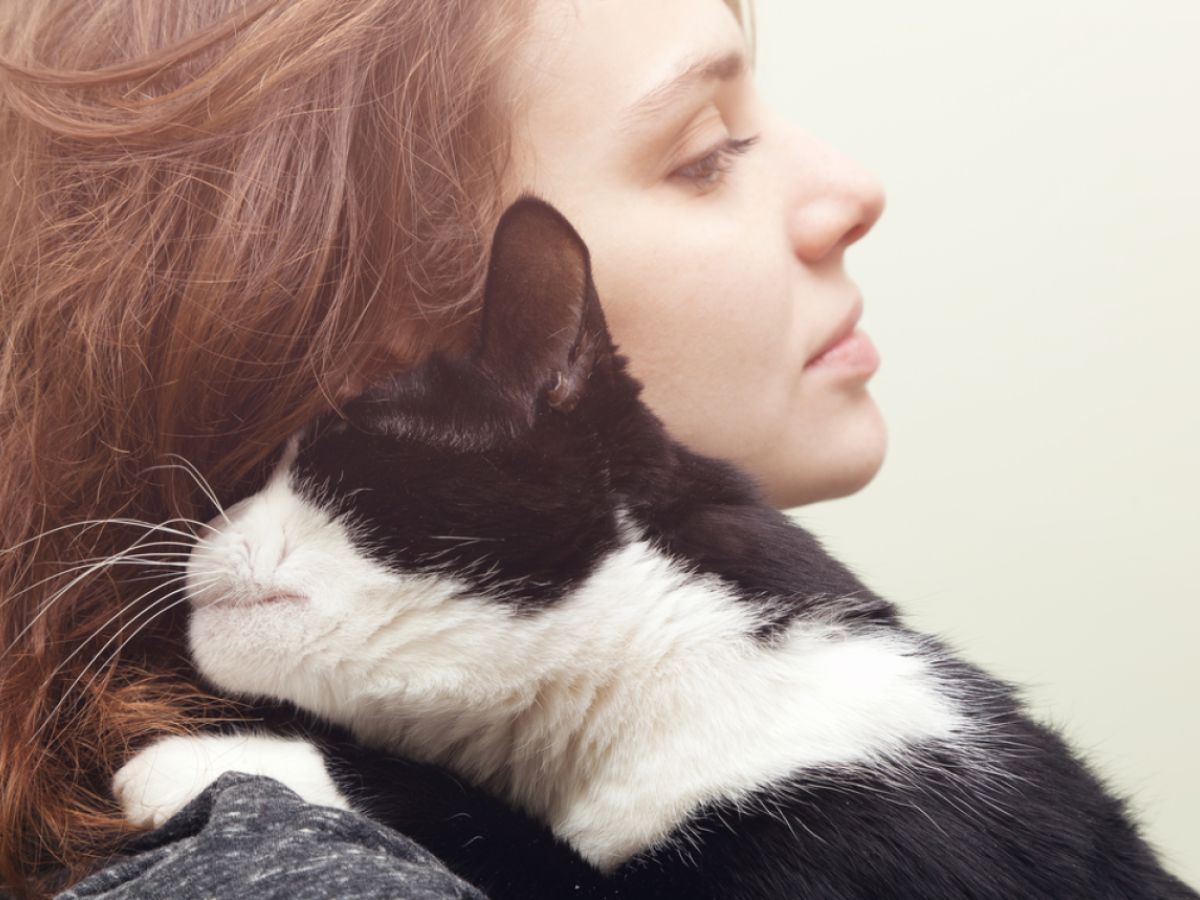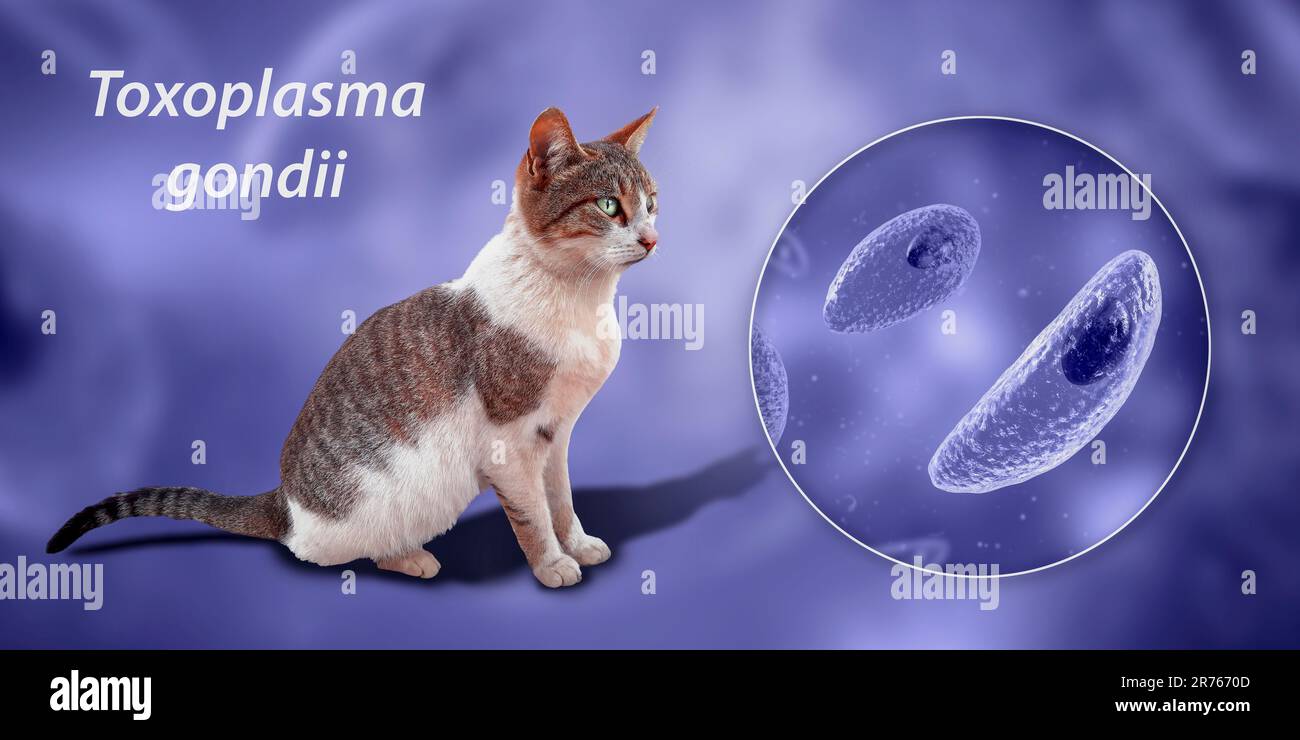It’s well-known that pets can enhance our lives, offering companionship and unconditional love. Cats, with their mysterious aura and playful antics, are a favorite among pet lovers worldwide. However, a startling discovery by Australian scientists might give cat enthusiasts pause.
A comprehensive analysis by researchers from the Queensland Centre for Mental Health Research indicates that cat ownership could potentially double the risk of developing schizophrenia-related disorders.
This revelation is based on a meta-analysis of 17 studies conducted over the last four decades, highlighting a significant association between cat ownership and an increased likelihood of such disorders.

The Catalyst Behind the Connection
The origins of this association trace back to a hypothesis first proposed in a 1995 study, which pointed to the parasite Toxoplasma gondii as a possible link. T. gondii, commonly transmitted by cats, is a peculiar organism capable of infiltrating the central nervous system and influencing neurotransmitter functions. While many people may carry this parasite without any symptoms, its presence in the body has been correlated with personality changes and a variety of neurological conditions, including schizophrenia.
He's fighting his demons (cat schizophrenia) I'm fucking mine (whore) pic.twitter.com/HkOsy6RpvA
— 365PARTYGIRL (@dom_msmsmsm) February 10, 2022
Investigating the Evidence
Despite the suggestive findings, the relationship between cat ownership and schizophrenia is not definitively established. The analysis indicates that “individuals exposed to cats had approximately twice the odds of developing schizophrenia,” after accounting for various factors. However, researchers are quick to caution that the majority of these studies are case-control investigations, which do not conclusively prove cause and effect. Moreover, several of these studies were criticized for their low quality, underscoring the need for more rigorous research in this area.

The Ongoing Debate and Research Needs
The mixed results from past studies only add to the complexity. While some research highlights a correlation between childhood cat ownership and a higher likelihood of developing schizophrenia, others do not observe this pattern. Similarly, some studies find a connection between cat exposure and elevated scores on schizophrenia-related trait scales, yet this is not a universal finding.
The Queensland team’s thorough review and analysis have indeed provided substantial support for an association between cat ownership and increased schizophrenia-related risks. Nevertheless, they advocate for more high-quality studies based on large, representative samples to clarify the potential role of cat ownership as a risk-modifying factor in mental health.

Conclusion: A Call for Further Inquiry
As this intriguing connection between our feline friends and mental health disorders comes to light, it underscores the importance of continued scientific exploration into how everyday environmental factors can impact our mental health. The researchers hope their findings will spark a broader discussion and lead to more definitive research in the future. For cat owners and mental health professionals alike, this study serves as a reminder of the complex interplay between our environment and mental health, urging a cautious yet open-minded approach to understanding these dynamics.










